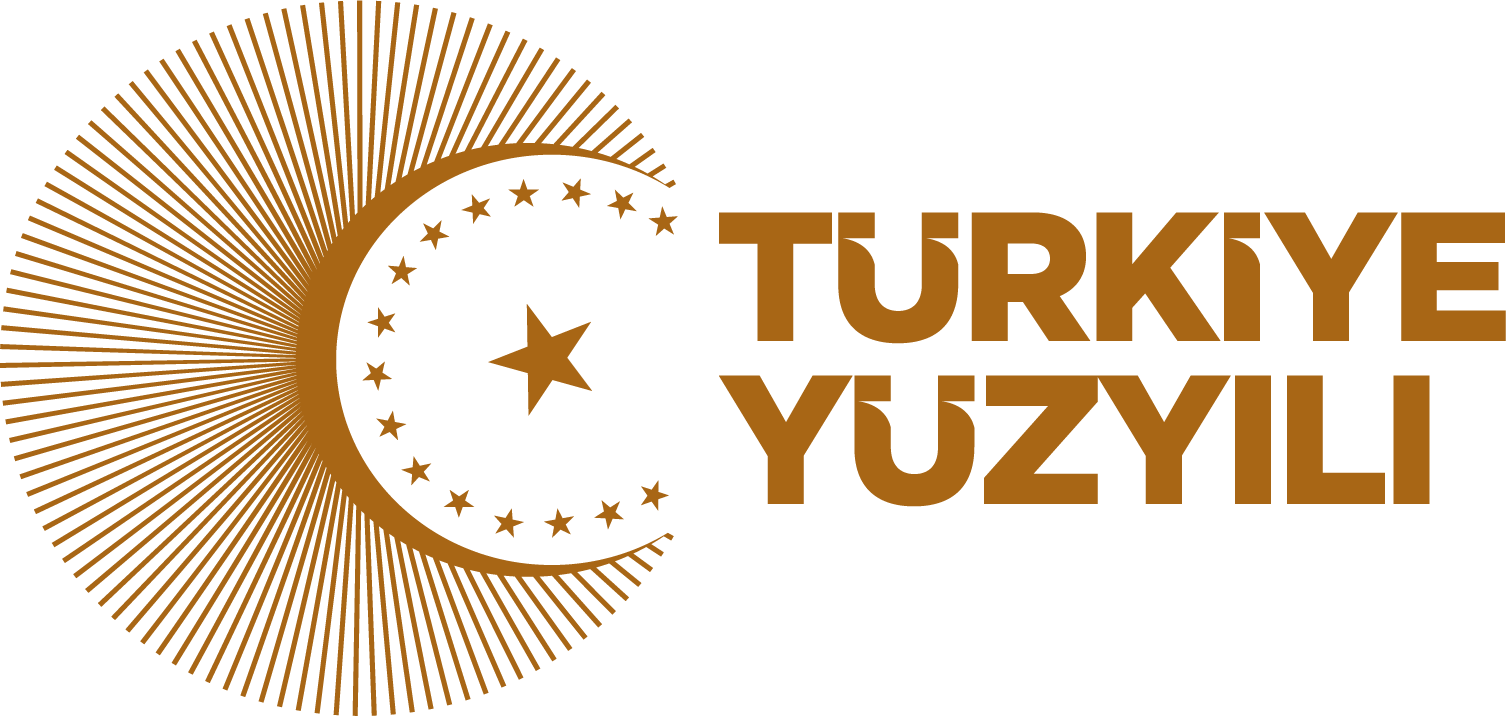Sakarya University of Applied Sciences embodies internationality in its teaching, research and services. Internationalization is not an end in itself, but rather part of a strategy for the whole university. It originates in and is supported by direct benefits for researchers and teachers. Here, the focus is on finding the most suitable partners for the University‘s own issues. International cooperation, therefore, occurs primarily through the researchers themselves. This should not and must not be restricted through this internationalization concept. Through targeted measures, SUBU strives for improved coordination of individual activities to increase consistency with the strategic objectives.
Current research findings have a direct influence on SUBU’s courses and curricula. Everywhere that SUBU presents itself as an entire institution, rather than individual departments, or that benefit arises through international networking, the object of the university management’s guiding measures is international cooperation. These measures then determine the targeted use of financial and human resources.
Based on strategic principles and the associated objectives, this strategy paper contains a catalog of measures, which enables compliance with fundamental guidelines within the diversity of international activities, and emphasis on certain features. In addition, interfaces with the faculties’ areas of responsibility are defined.
Above all, the guiding measures aim to conclude bilateral university partnerships, taking into account regional and thematic priorities, strengthening the attractive, intercultural teaching and research environment at SUBU, promoting the mobility of students, teachers and researchers and developing suitable marketing strategies to increase international visibility and targeted recruitment of the “best brains”. Using a different method through KA2 Projects are going to enhance the quality and innovativeness of learning and teaching of SUBU, developing new curricula, building bridges between the different sectors of education and fostering more intense forms of cooperation to achieve the modernization objectives, including better exploitation of open education resources.
Sakarya University of Applied Sciences recognizes that the student placement programme brings a unique, flexible and quite unbeatable solution to the staffing requirements. We will therefore provide Sakarya businesses with high-quality staff at exceptionally low costs through the placement of exchange students. Sakarya is one of the industrialized cities in the Marmara region of Turkey and there are many large and medium-sized enterprises in the city. SUBU has strong cooperation with public and private bodies such as Turkish Employment Organisation, Small and Medium Enterprises Development Organization in Turkey, Scientific and Technological Research Centre of Turkey (TUBITAK), the industrial environment Chamber of Industry of Sakarya (SATSO). SUBU plans to enhance its ties with enterprises for qualified traineeship opportunities for its students. They will be offered our 3 + 1 and 7 + 1 system, which will be used as an intern before graduating with SUBU leadership in a company not only in Turkey but also in EU and non-EU countries to provide after graduation to find job opportunities. In this part, KA1 project is taking a vital role to use an intern program in EU and non-EU countries. The university aims to extend these activities to other actions of Erasmus+ program, including KA1, KA2, KA3 and Jean Monnet projects.
University will take a role for the replacement of the incoming students from the institutions in which we are actively collaboration under Erasmus and LLPs with them we will/have collaboration. Sakarya University of Applied Sciences Placement Service (SUBUPS) which is going to be established will assist students looking for positions and academic institutions for placement. In addition, SUBUPS will offer help to incoming students and outgoing students seeking internships and work experience placements.
Current research findings have a direct influence on SUBU’s courses and curricula. That the “researched teaching” approach generates an internationally attractive and high-quality choice of degree programmes is demonstrated by the high proportion of international students of around 30 percent, which also contributes to the visibility, prominence and reputation of SUBU in the international context. Everywhere that SUBU presents itself as an entire institution, rather than individual departments, or that benefit arises through international networking, the object of the university management’s guiding measures is international cooperation. These measures then determine the targeted use of financial and human resources.
SUBU’s goal is to contribute to the European Union modernization and its internationalization agenda. With that in mind, it is intended to keep what already has been achieved in the institute, but also improve quality and the relation between education, research and cooperation. The aim is to increase the number of graduates facing society and market needs. The following topics show SUBU’s commitment, as well as its contributions until the present:
• The Bologna Process implementation has been one of the main strategic goals of the Institute,
• The ECTS system has been completely implemented,
• Diploma Supplement is given to students to support their employment,
• Mobility activities are of high priority,
• In order to facilitate cooperation with institutional partners, classes can be taught in English language,
• SUBU already established close cooperative partnerships with local businesses and social organizations,
With regard to the priorities of the modernization agenda, SUBU has the following focus:
• Provide high quality in all mobility activities,
• Ensure that students and teachers acquire additional skills,
• Encourage cross-border cooperation, to expand the supply of Double Degree programs and enhance partnerships,
• Ensure the quality and relevance of the degree programmes are constantly improved and that the curriculum meets the needs of the labour market,
• To ensure internships, mentoring programs and career counseling to improve the employability of its graduates,
• Work closely with universities and other institutions, and local/regional companies, with the aim of establishing business cooperation, synergies for knowledge transfer, as well as to create regional centers of excellence.


